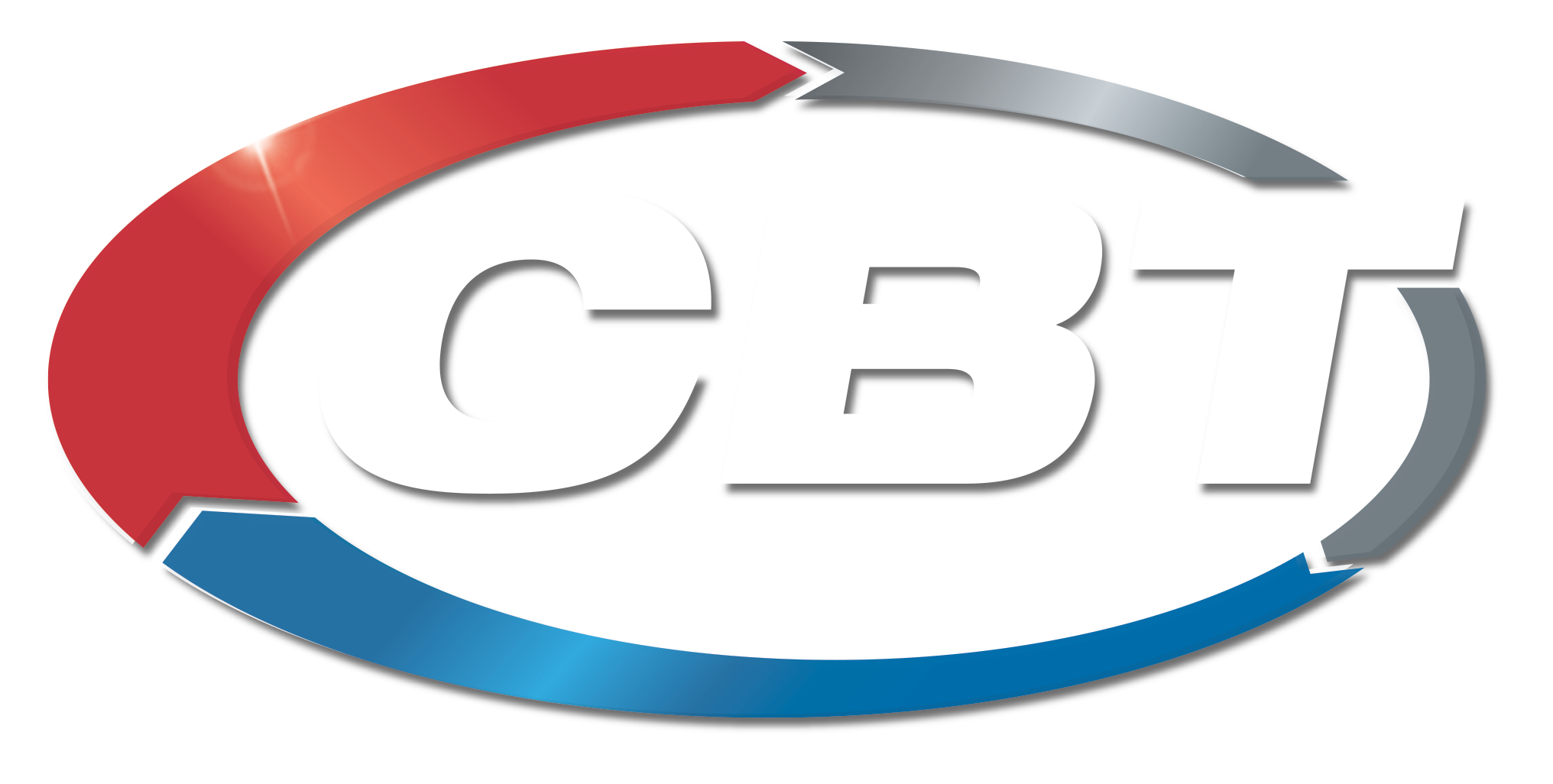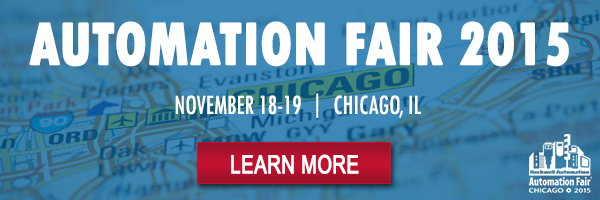
Combining efforts of information and operations technology staff can help better support plant performance and requires unique collaboration.
“The convergence of IT and OT [operations technology] is a lot about opportunity, and … luck is what happens when preparation meets opportunity,” said Cliff Whitehead, Rockwell Automation Technology Business Development Manager. Because of the increased demand on industrial production and the Industrial Internet of Things (IIoT, also called smart manufacturing), industrial firms are starting to recognize the value of converging the plant floor with higher-level IT infrastructure. However, this convergence is highlighting a skills gap between the control engineer and the IT professional. “With IIoT, the evidence is in,” Whitehead said. “More devices, or things, are gaining the ability to communicate using the same network technology as the Internet by using Internet protocol supported by industrial protocols like EtherNet/IP™. These connected things provide a better understanding of complex processes and adapt to changes quickly as smart machines. “Better control of these smarter machines increases efficiency, enabling enterprise risk management and delivering faster time to market, lower cost of ownership and improved asset utilization,” he added. “With all of these connections, a secure architecture is increasingly important, along with all of the I/O network traffic added to the wire. We want to get to the industrial devices that drive productivity on the plant floor. If all the devices can communicate together, we can drive up productivity, increase efficiency and improve security.” The IIoT value at stake for manufacturing is $3.9 trillion in areas such as asset utilization, employee productivity, supply chain, logistics, customer experience, and innovation. “The important thing is value creation,” Whitehead noted. “The Connected Enterprise approach optimizes rapid value creation by connecting people, processes and technology. Whether it’s the manufacturing plant, remote processes, a supplier, distribution center or a customer, the enterprise is connected.” For industry to realize improved quality, efficiency, productivity, safety and customer satisfaction, all at a reduced schedule, OT and IT professionals must understand the significant complexities of building a connected enterprise.
“There has to be a level playing field when IT and OT come together to talk about projects and other things.” — Glenn Goldney, training services global business manager Rockwell Automation
Training Matters
“The people can collaborate with this connection, but how are we taking advantage of the knowledge we have and transferring it to others?” Whitehead asked. “Our challenge, not just from a Rockwell Automation perspective but for all of us, is how to make these things real. How do we really make mobility work in our operation? “We are collecting plenty of data,” he continued. “There are data lakes and oceans out there. What are we doing with it, and are we getting any business value? How do we time-stamp and correlate the data? Much of the enabling technology comes from the IT world. With network convergence, we will get much more than just the on/off signal.” To help ease this convergence and learn how to get there, Rockwell Automation, in collaboration with Strategic Alliance Partner, Cisco, worked to develop an IIoT training and certification curriculum. “As IoT is embraced in an organization, a major aspect to achieving successful convergence is to understand that a skill gap is emerging and that there is a cultural component,” said Glenn Goldney, Rockwell Automation Training Services Global Business Manager. LNS Research has pointed out that 47 percent of organizations do not have a good grasp or understanding of what IoT convergence means. “From the plant automation personnel, controls engineer and other OT professionals, through the network, MES, ERP and IT professionals, options are available to learn the skills needed to efficiently converge network architecture in a cost-effective way. This curriculum looks to provide best practices, industry standards and a roadmap for both the OT and IT professional.” Part of this convergence is occurring because OT is starting to look at career certifications, Goldney explained. “This is a big difference from what we currently have in the OT space, but it follows along with what the IT space has done for a long time,” he said. “They’re looking at the business intelligence and smart people to take advantage of these technologies with skilled personnel. How do you keep your workforce coming to work every day and achieving operational excellence?” Rockwell Automation and Cisco have paired up to create the Cisco Certified Network Associate (CCNA) designation to build competency in the organization and to improve workforce readiness as this convergence advances. “The job roles that are emerging are brand new,” Goldney said. “We are looking at new job titles, new functions and new roles that are being created inside organizations to address convergence from both the IT side and OT side.” IT professionals have always valued career certifications as a way to credential their expertise in the field, Goldney explains. Workers in the OT space have always been valued by their organizations based on their hands-on knowledge, experience and ability to make sure that the plant is operational, functional, and running as efficiently as possible. “But we are seeing a shift,” Goldney noted. “The reality is there has to be a level playing field when IT and OT come together to talk about projects and other things.” Training and certification are the keys and will be used as benchmarks of professional capabilities. Rockwell Automation and Cisco now offer classes on Managing Industrial Networks with Cisco Networking Technologies, as well as Managing Industrial Networks for Manufacturing with Cisco Technologies. This training is designed for IT and OT professionals who are embracing convergence. As things converge, both directions will be responsible for the implementation, administration and support of networked industrial infrastructure. This post originally appeared in The Journal From Rockwell Automation.













